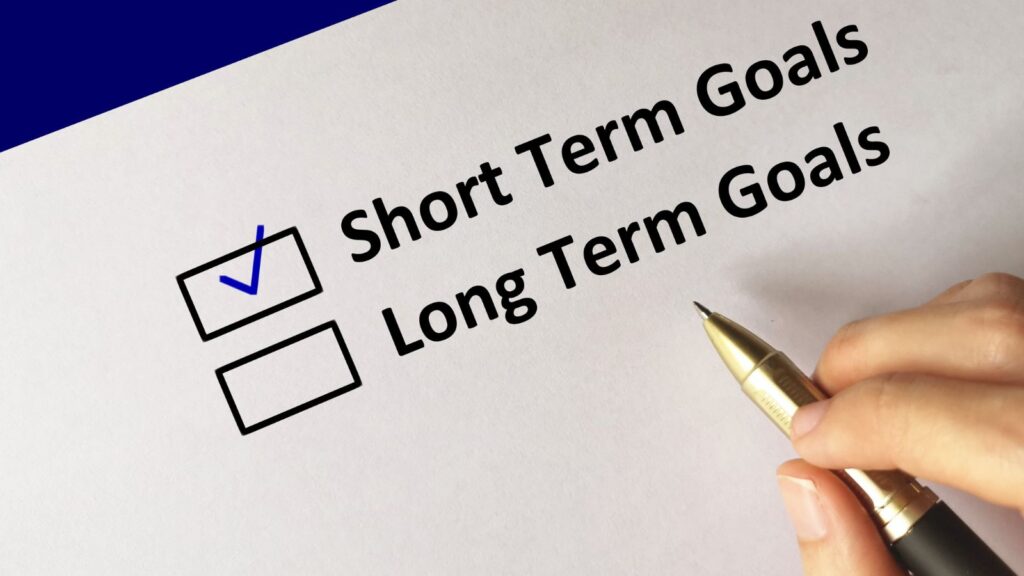Across various industries, some bosses are pretty hesitant to hire younger workers, especially those from Gen Z. It’s not because they don’t like them as people but because of genuine concerns about their approach to working. Here are 18 reasons so many bosses are thinking twice before hiring a Gen Z-er.
Tech Expectations

Gen Z expects to have the latest gadgets and super-fast tech at work, so when they walk into a place that doesn’t have that, it can be a turn-off. Employers are worried that Gen Z will get frustrated and bail because they can’t work with the next best thing. So, bosses aren’t keen on hiring them.
Being Too Flexible

Gen Z is big on freedom in the workplace, and they care a lot about flexible hours and working from wherever. While that might be great, it doesn’t always work for businesses that need people on-site, like manufacturing or retail. If employers can’t give Gen Z enough flexibility, they might skip over giving them a job.
Job Hopping

The younger generations are known for job-hopping, as they don’t understand the concept of job loyalty like other generations do. This is worrying some employers. They’re worried about turnover and choosing candidates they think will stay for longer, even if that means looking to other age groups.
Immediate Feedback

Whenever Gen Z does something, they usually want feedback immediately so they’ll know how to improve in the future. But this is a nightmare for bosses who usually just do annual reviews. They might not feel like they can give the constant input that younger workers expect, so they’d rather not hire them.
Social Media

Of course, being good at social media is a plus, but some employers worry about Gen Z blending their personal and professional lives online. They’re worried about potential PR issues, and this makes them wary of hiring people who are very active online. In industries where reputation is everything, one wrong post could spell trouble for the entire company.
Diversity and Inclusion

Gen Z workers are often looking for workplaces that value diversity and inclusion. Companies that aren’t fully committed to these principles might avoid hiring from this group because they don’t want to deal with the pressure of changing their corporate culture. While they might miss out on new perspectives, they’d rather stick to the status quo.
Wrong Skills

There’s a gap between Gen Z’s skills and the ones that certain industries actually need. In industries like manufacturing or traditional business roles, employers might ignore younger candidates because they lack the right vocational skills. And with some colleges focusing more on tech and liberal arts, they’re leaving some practical skills behind.
Training Costs

Likewise, even if employers like Gen Z candidates, they’ll usually have to spend a lot of money on training and developing their skills. This can be a turn-off because the cost of bringing them up to speed might seem too high compared to more experienced candidates. And if they’re in an industry where they need specialized skills from day one, it’s even more challenging.
Too Green

Of all the generations, Gen Z takes environmental issues the most seriously, and companies that aren’t already green enough might hesitate to hire people from this generation. They might not be ready to go fully sustainable and may feel pressured by this younger generation. They could be worried about the costs and how they will disrupt their business.
Unrealistic Salary

Some employers think that Gen Z candidates sometimes have unrealistic salary expectations based on their qualifications and market norms. This can stop companies from hiring younger applicants, especially when the economy’s not doing great. After all, it’s difficult to hire people when your budget doesn’t stretch that far.
In the Short-Term

Gen Z usually cares so much about their short-term goals and outcomes, which can cause issues for employers who are planning for long-term roles. They might see Gen Z candidates less favorably because they’d rather invest in people who are going to help with long-term growth. How else is a company supposed to grow?
Not Being Traditional

Younger workers are often against traditional corporate rules, but unfortunately for them, many companies value these conventional structures. Employers struggle to make Gen Z part of their teams, especially in industries where they care more about seniority and the long term. If Gen Z wants to get a job, they’ve got to rethink their approach to employment.
Working for a Purpose

For Gen Z, working shouldn’t simply involve clocking in and out to get paid. They care about working for a cause or mission that helps the world instead. Employers who don’t have a clear company mission might not hire Gen Z workers who are looking for a purpose because they don’t want to have these difficult conversations.
Difference in Communication Style

Of course, like with any generation, the way people communicate can cause issues. Gen Z often prefers to text or use messaging apps instead of speaking face-to-face, which can clash with the management style of older companies. They’d rather speak in person about an issue, but Gen Z doesn’t want to do this.
Too Informal

There’s no denying that Gen Z has a more casual approach to work, but this is often at odds with more formal businesses. These employers may be worried about maintaining certain professional standards and see this casualness as a disadvantage. They think it could undermine their image or, at worst, cause huge issues in the workplace.
Political Activism

We all know that Gen Z cares a lot about political activism, which is usually a good thing. But in the workplace? That’s not so great. Many employers would rather stay apolitical, and they’ll avoid hiring people who are a little too keen to talk politics. After all, work should focus on business and not political debates.
Mental Health

Although it’s good that Gen Z is more open about mental health, some employers might see this as a problem. They might have to spend more money on accommodating this generation, which can end up being an expensive burden. These employers are worried that this could affect productivity and require more support structures within the company.
The Problem of Globalization

Gen Z cares a lot about global perspectives, and they often look for international opportunities. For big and established businesses, this isn’t an issue, but for smaller ones, they might only have local positions. They might avoid Gen Z candidates because this generation may be unhappy with smaller-scale roles.
19 Grim Realities of Dating After 50 That Are Often Overlooked

19 Grim Realities of Dating After 50 That Are Often Overlooked
26 Things That Will Be Extinct Because Millennials Refuse to Buy Them

26 Things That Will Be Extinct Because Millennials Refuse to Buy Them
24 Outdated Slang Terms You Absolutely Shouldn’t Be Using Anymore

24 Outdated Slang Terms You Absolutely Shouldn’t Be Using Anymore
25 Hardest Parts About Getting Older That No One Ever Talks About

25 Hardest Parts About Getting Older That No One Ever Talks About






